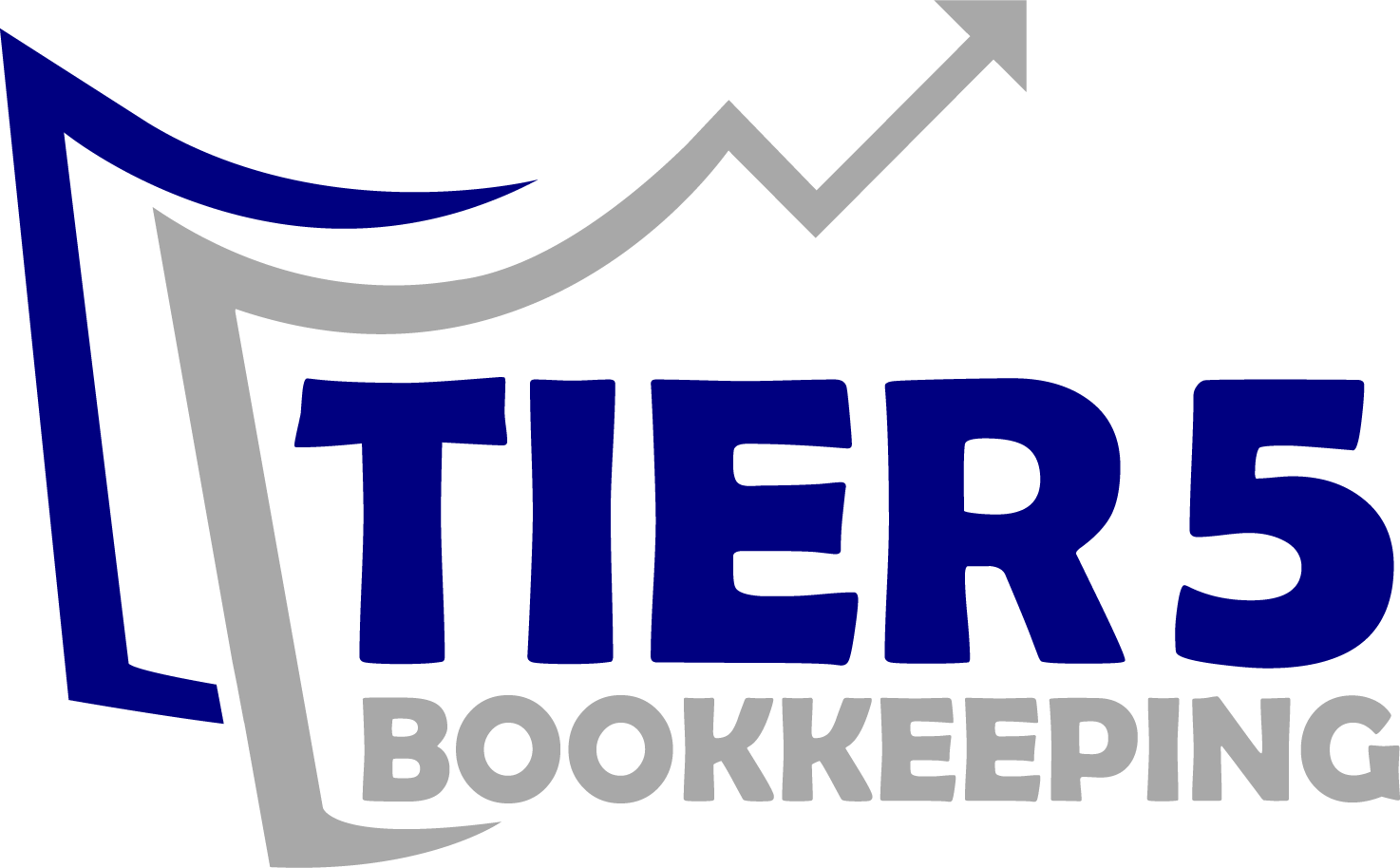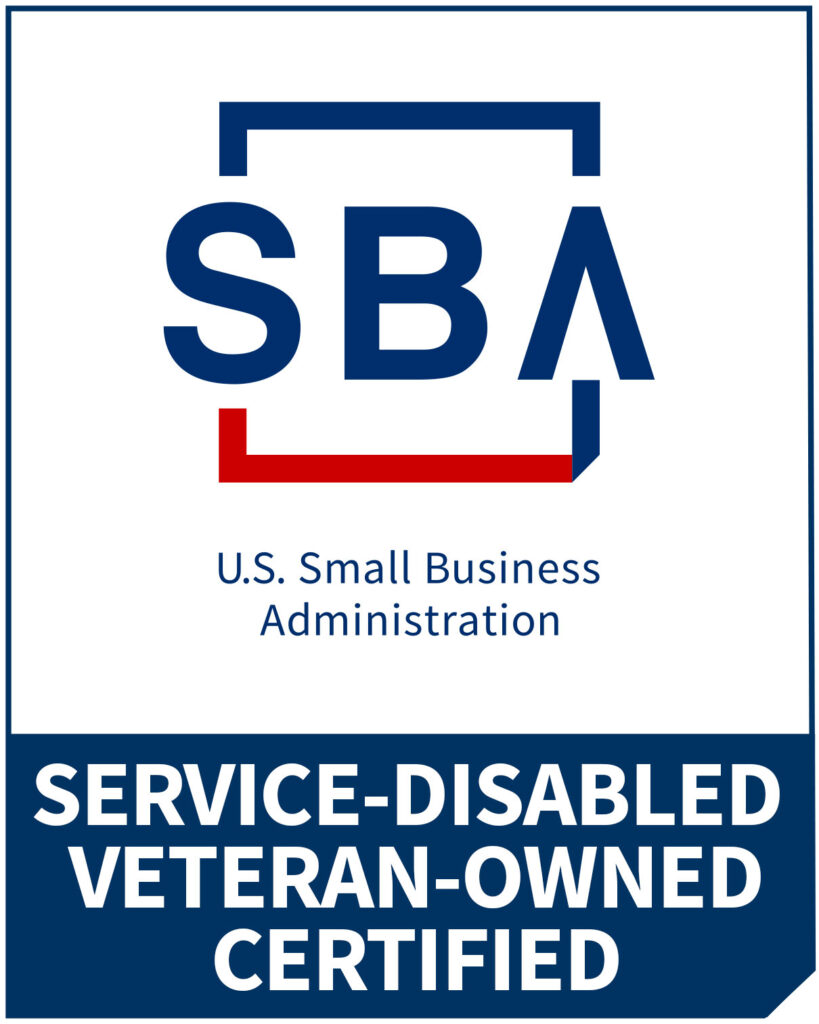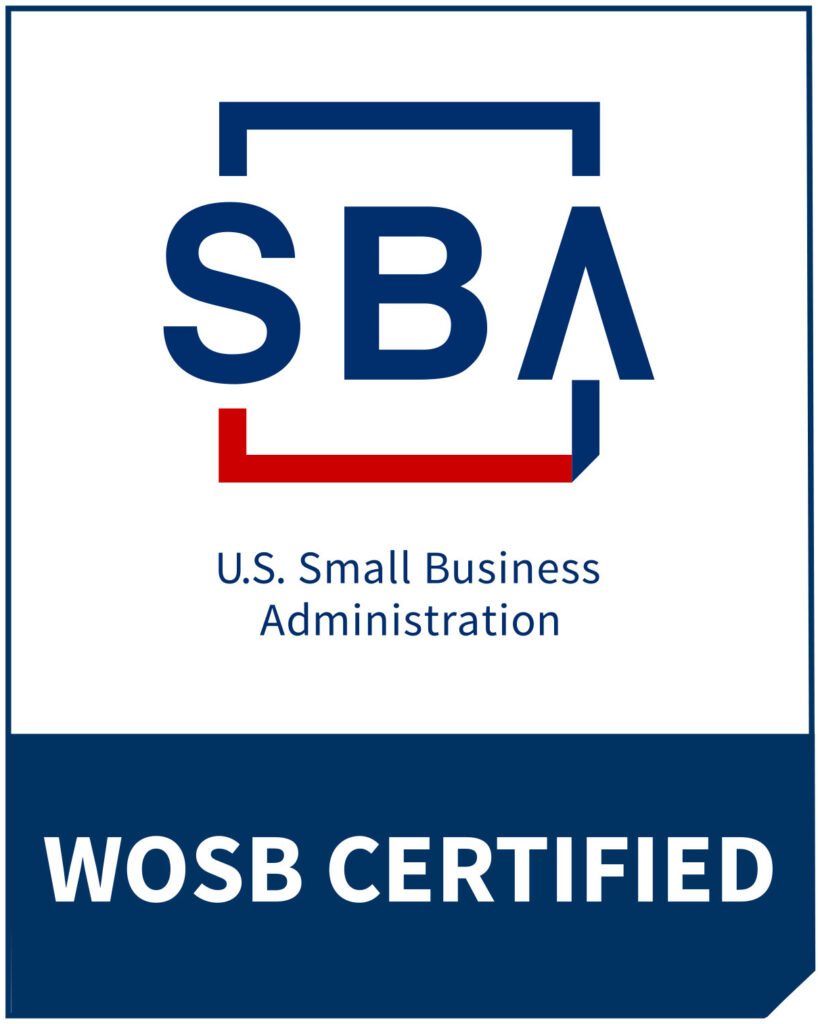As new government leadership takes charge in 2025, small business owners will encounter a blend of opportunities and challenges. Prominent areas such as tax provisions, labor laws, and health-focused regulations will significantly impact operations. Understanding how these changes will influence small businesses and identifying effective strategies to adapt will be crucial for entrepreneurs aiming to thrive in this evolving landscape.
Tax Provisions
Several key tax provisions set to expire at the end of 2025 are expected to be renewed mid-year, if not sooner. This includes the 20% small business deduction, full bonus depreciation, and lower individual tax rates. Immediate expensing for research and development is also likely to be restored, which will be a huge win for small businesses investing in innovation. Business owners should stay informed and plan ahead to maximize tax benefits before any changes take effect.
Increased Section 179 Deduction Limits: The maximum deduction for qualifying equipment purchases has risen to $1.25 million in 2025, enhancing opportunities for immediate expensing. This encourages small businesses to invest in their operations by providing immediate tax relief for capital expenditures.
Expanded Home Office Deduction Criteria: The IRS has clarified rules for the home office deduction, making it easier for small business owners to deduct a portion of expenses like internet, utilities, and mortgage interest. This is particularly beneficial for those who operate primarily from home.
Shifting Workplace Regulations
While the business community anticipates a more regulation-friendly climate, uncertainty remains—especially regarding labor laws. The new administration’s pick for Labor Secretary is balancing both business concerns and labor union demands. This means potential new rules around independent contractors and pro-organizing policies. Small businesses that rely on freelancers and contract workers should keep an eye on any restrictive labor regulations that could impact hiring flexibility.
Pay Transparency Laws: Employers will face new requirements to disclose compensation ranges in job postings and address pay disparities. This will involve conducting internal pay audits and implementing systems for tracking pay history and promoting pay equity.
Non-Compete Agreement Changes: States are introducing restrictions on non-compete agreements, requiring employers to revise contracts and explore alternative methods to protect company interests. This impacts hiring and retention strategies.
A New Focus on Health and Wellness
The new administration is expected to place a renewed emphasis on food quality, nutrition, and overall health. This could mean tighter regulations on processed foods and additives, new government dietary guidelines, and a push for cleaner, healthier eating habits. For small businesses in the health and wellness space, this presents an opportunity to align products and services with the growing demand for holistic well-being, from organic food to fitness and mental wellness services.
Affordable Care Act (ACA) Requirements: Businesses with 50 or more full-time employees must provide affordable health coverage that meets minimum value standards. Smaller businesses are not legally required to offer health insurance but may choose to do so to attract and retain talent.
Energy Efficiency Incentives: Small businesses that invest in energy-efficient upgrades may qualify for expanded tax credits under the Inflation Reduction Act’s extended provisions. This includes incentives for installing solar panels, energy-efficient HVAC systems, and LED lighting.
Statistics on Small Business Impacts
Small businesses are a vital part of the U.S. economy, accounting for 99.9% of all companies. They employ nearly half of the U.S. workforce, creating 1.5 million jobs annually. Despite their importance, small businesses face significant challenges, with 82% failing due to cash flow problems. Only 50% survive beyond five years. In 2024, small business owners listed inflation and economic conditions as their biggest concerns.
Potential Bipartisan Solutions
Bipartisan efforts can help small businesses thrive by addressing key issues:
Tax Reform: Updating the Tax Cuts and Jobs Act (TCJA) provisions to create targeted approaches that genuinely support small business growth. This includes extending tax credits and deductions that benefit small businesses.
Healthcare: Extending the ACA’s Advanced Premium Tax Credits to lower health insurance costs for small business employees. This can help reduce the uninsured rate and make healthcare more affordable.
Disaster Funding: Ensuring sustainable funding for the SBA’s disaster loan program to support businesses impacted by natural disasters. This can provide low-interest, long-term loans to help businesses recover.
Workforce Development: Investing in child care, upskilling, and retirement benefits to help small businesses compete for talent. Enhancing tax credits and simplifying benefit administration can make it easier for small businesses to offer competitive benefits.
Quotes from Industry Experts
- Nicole Snow: “A small business is an amazing way to serve and leave an impact on the world you live in.”
- Richard Branson: “A big business starts small.”
- Peter Drucker: “The best way to predict the future is to create it.”
- Winston Churchill: “Success is not final; failure is not fatal: It is the courage to continue that counts.”
How Tier5 Bookkeeping Services Can Assist
Navigating the complexities of tax reforms, evolving labor laws, and a changing health-conscious market can be daunting for small businesses. Tier5 Bookkeeping Services is here to help startups and small businesses stay ahead of these changes with expert accounting and bookkeeping support.
Tax Planning and Compliance: Our team ensures you maximize deductions and benefits, keeping you informed about upcoming tax changes and helping you plan accordingly.
Payroll and Labor Law Compliance: We help you stay compliant with new labor regulations, manage payroll efficiently, and ensure transparency in compensation practices.
Financial Health and Wellness: By providing detailed financial reports and insights, we help you align your business with health and wellness trends, making informed decisions that benefit your bottom line.
Energy Efficiency and Sustainability: We assist you in identifying and applying for energy efficiency incentives, helping you invest in sustainable practices that save money and benefit the environment.
Final Thoughts
Government policies can either fuel growth or create new challenges for small businesses. While tax relief may provide financial advantages, workplace regulations and industry shifts require careful navigation. By staying informed and adapting early, entrepreneurs can turn policy changes into opportunities for success. With Tier5 Bookkeeping Services by your side, you can confidently navigate these changes and focus on growing your business.








